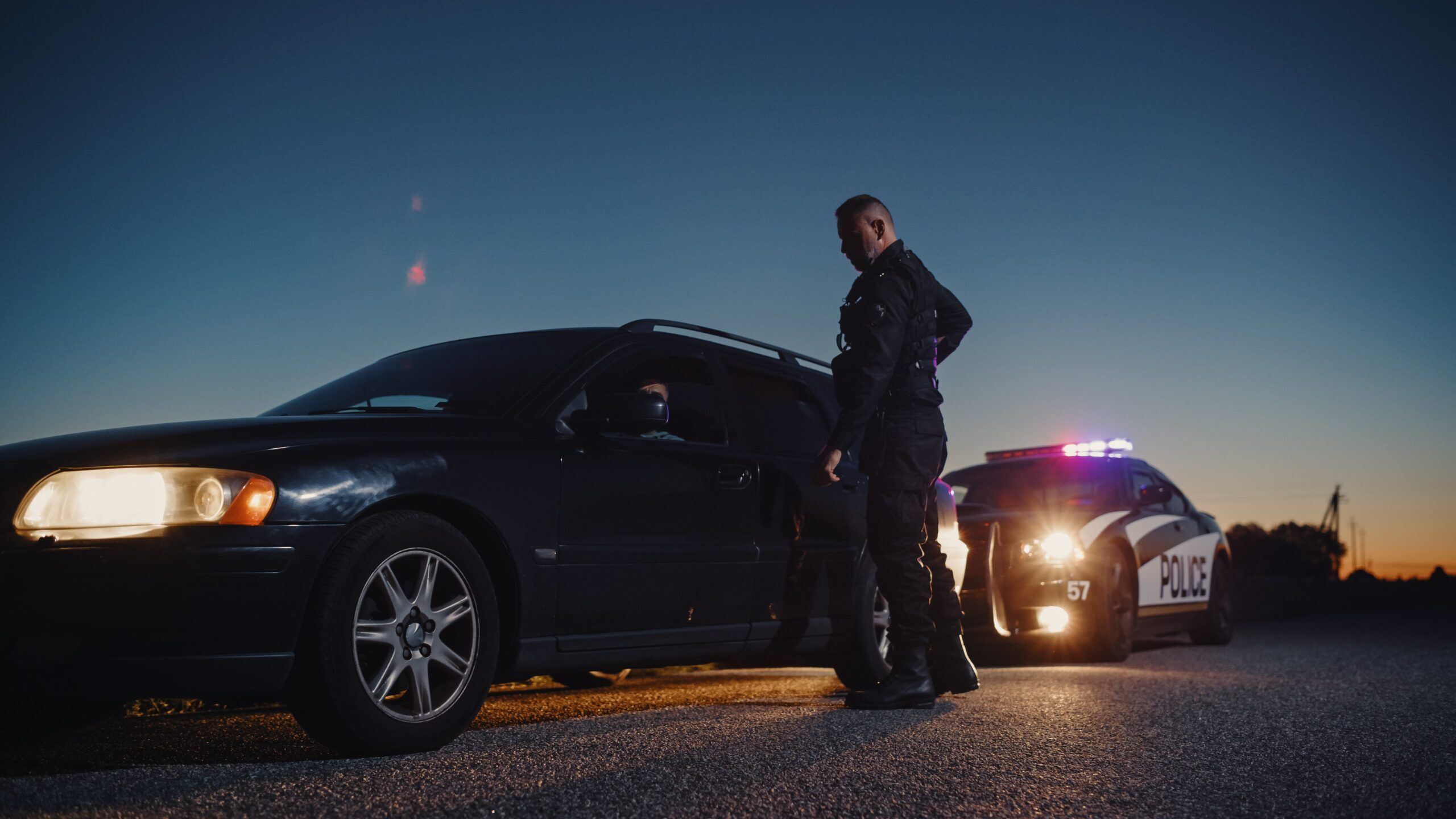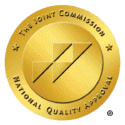
DUI Questions Answered
Anyone who drives after drinking alcohol or using other drugs risks a wide range of negative outcomes, including being arrested for DUI. In today’s post, we answer many common questions about DUIs in the United States.
Frequently Asked Questions About DUIs
What is a DUI?
DUI is short for “driving under the influence.” Many people use this abbreviation as a synonym for drunk driving, but it can also be applied to someone who is operating a motor vehicle while impaired by a variety of other substances, including cocaine, marijuana, opioids, and hallucinogens.
In 49 states plus the District of Columbia, a driver can be arrested for DUI if they are found to have a blood alcohol content (BAC) of 0.08% or higher. In Utah, a driver can be given a DUI if their BAC is 0.05% or higher. Legal limits for other drugs can vary from state to state.
(Most DUI-related laws in the U.S. are established at the state level. One quasi-exception to this is the 0.08% BAC limit, which is a federal standard in the United States. However, states are allowed to enact stricter BAC limits, as Utah has done.)
Also, it’s important to note that the 0.08% BAC limit only applies to adults ages 21 and over. For drivers in the 16-20 age range, some states have a zero tolerance policy, which means that any BAC above 0.00% qualifies as a DUI, while other states have a 0.01% or 0.02% BAC threshold.
What is the Difference Between a DUI and a DWI?
DWI is short for “driving while impaired” or “driving while intoxicated.” Some states use this term instead of DUI. Some other states use OVI (operating a vehicle while intoxicated).
In most cases, there is little to no difference among DUI, DWI, or OVI – these are simply state-specific legal terms that describe driving while under the influence of alcohol or other drugs.
Is a DUI a Felony or a Misdemeanor?
As we noted in our response to an earlier question, most DUI-related laws are enacted by state legislatures. This means that limitations, terminology, and penalties can vary from one state to the next. This includes if a DUI is classified as a felony or a misdemeanor.
In California, where our addiction rehab facility is located, most DUIs are misdemeanors. However, certain factors can raise a DUI from a misdemeanor to a felony in California. Examples of these factors include:
- If the DUI resulted in an injury to (the or death of) another person
- If the driver has been convicted of three or more DUIs, DWIs, or OVIs from any states within the past 10 years
- If the driver has previously been convicted of a felony DUI
- If the DUI occurred while the driver was transporting a passenger under the age of 14
Can You Get a DUI on a Scooter or a Bicycle?
Yes, in most states (including California), you can get a DUI if you were riding a bicycle or scooter while impaired by alcohol or other drugs.
Can You Get a DUI on a Horse?
Though this happens far less frequently than DUIs involving scooters or bicycles, you can get a DUI in several states – including California – while riding a horse, or while holding the reins of a horse that is pulling you in a buggy.
How Long Does a DUI Stay on Your Driving Record?
In California, if you are convicted of a DUI, it will typically remain on your record for 10 years. (To be precise, the 10-year timeframe begins the day you were arrested, though it only applies if you are eventually convicted.)
Most other states retain DUIs on drivers’ records for five or 10 years. One state that doesn’t follow this trend is Florida, which mandates that DUIs remain on drivers’ records for 75 years after the offense.
Can You Still Get a CDL With a DUI on Your Record?
Getting a DUI can impact your ability to qualify for or retain a commercial driver’s license (CDL).
For example, if you get one DUI – regardless of whether you were driving a commercial or private vehicle – your CDL will automatically be suspended for at least one year. This is a federal law.
A second DUI can result in a much longer suspension, including the possible lifetime revocation of your CDL.
It is possible to obtain a CDL with one DUI on your record, though two DUIs will disqualify you from applying. Of course, even if you are able to acquire a CDL, having a DUI on your record can make it much more difficult for you to be hired.
Does a DUI Show up on Your Passport?
Having a DUI should not impact your ability to acquire or keep a U.S. passport. Also, neither DUIs nor other convictions are indicated on passports.
However, possessing a U.S. passport does not automatically grant you entry into foreign nations. Many countries ban visitors who have felony convictions, and some extend that prohibition to travelers who have DUIs or other misdemeanors.
How Much Does a DUI Typically Cost?
A DUI can be quite expensive – and not just in a financial sense. Your reputation, career progression, and relationships are examples of the many areas of your life that can be negatively impacted if you get a DUI.
But for the purposes of this answer, let’s focus solely on the financial costs of a DUI. First, as is the case with so many of our DUI answers, we need to reiterate that the costs of a DUI can vary from state to state. Regardless of your state, though, it’s safe to say that a DUI is likely to cost you several thousands of dollars. Here are examples of the many factors that can contribute to the high cost of a DUI:
- Bail money after you are arrested
- Court costs and fines if you are convicted
- Attorney fees
- DMV fees to have your license reinstated after suspension
- Fees related to the towing and impounding of your vehicle
- Fees for ignition interlocks, DUI/traffic/alcohol safety classes, and other requirements
- Higher automobile insurance premiums
Many reputable sources estimate that the cost of one DUI can range from $10,000 to $20,000.
Can Your License Be Suspended After Your First DUI?
A DUI conviction is almost always accompanied by a suspension of your driver’s license. The duration of this suspension can depend on factors such as which state you live in and how many prior DUIs you have on your record.
In California, which is home to Sanctuary Treatment Center, a first-time DUI typically triggers a license suspension of four months to one year. Subsequent DUIs will result in much longer license suspensions.
Will You Go to Jail on Your Third DUI?
In addition to losing your license for a longer period of time, a third DUI will also increase the likelihood that you will spend time in jail. This is not a foregone conclusion, as the judge may take several factors into consideration when determining your sentence.
You should also realize that you don’t have to be convicted of three DUIs before you face jail time. Even a first-time DUI can be result in jail time in certain circumstances.
How Can You Avoid Jail Time After Getting a DUI?
As we noted in our answer to the previous question, your risk of being sentenced to jail for a DUI can be influenced by several factors. These factors include your blood alcohol content (some states mandate harsher penalties for particularly high BACs, usually 0.15% or above), how many prior DUI convictions are on your record, and if anyone was injured or killed as a result of your DUI.
The best way to avoid jail time after being arrested for a DUI is to be found not guilty of the charge. If you are convicted – especially if you are convicted multiple times – it may be virtually impossible to avoid spending time in jail.
Will My Employer Be Notified About My DUI?
Employer notification requirements vary from state to state and profession to profession. It’s unlikely that the court will directly contact your employer, but they may learn about your DUI via other means.
For example, in California, the DMV will notify trucking companies if someone on their list of employees loses their license as a result of a DUI. Also, since DUI arrests, court cases, and convictions are all a matter of public record, your current or potential future employers may become aware of your DUI if they conduct a background check on you.
Depending on your job, your contract, or your possession of certain professional licenses, you may be required to notify the licensing board and/or your employer yourself if you are arrested or convicted of a DUI.
Can Going to Rehab Prevent You From Going to Jail After Getting a DUI?
In certain circumstances, a judge may view going to rehab as an acceptable alternative to jail for a DUI. However, this is not meant to imply that enrolling in a rehab program is some sort of “get out of jail free” card. Once you have been convicted of a DUI, your willingness to get professional help will be just one of many factors that the judge may weigh while determining your sentence.
What to Do if You Can’t Stop Drinking and Driving
Regardless of any sentencing implications, professional treatment may be your best choice if you can’t stop drinking and driving.
Continuing to use alcohol or any other drug after incurring harm (such as getting a DUI) as a result of prior use is one of the symptoms of addiction. If you simply can’t stop drinking and driving on your own, you owe it to yourself and your loved ones, as well as to other drivers, passengers, and pedestrians, to get help.
There is no single path to sobriety. When you’re seeking help for alcoholism or another type of addiction, what’s most important is finding a provider that will assess your need and then develop a customized plan just for you.
Contact Sanctuary Treatment Center About Our Alcohol Rehab Center in Los Angeles, CA
Sanctuary Treatment Center is a trusted provider of comprehensive, personalized care for adults in the Los Angeles area who have become addicted to alcohol and other drugs. Our rehab center offers a full continuum of care, including detox, inpatient treatment, and outpatient programming.
To learn more or to schedule a free assessment, please visit our Contact Us page or call us today.


